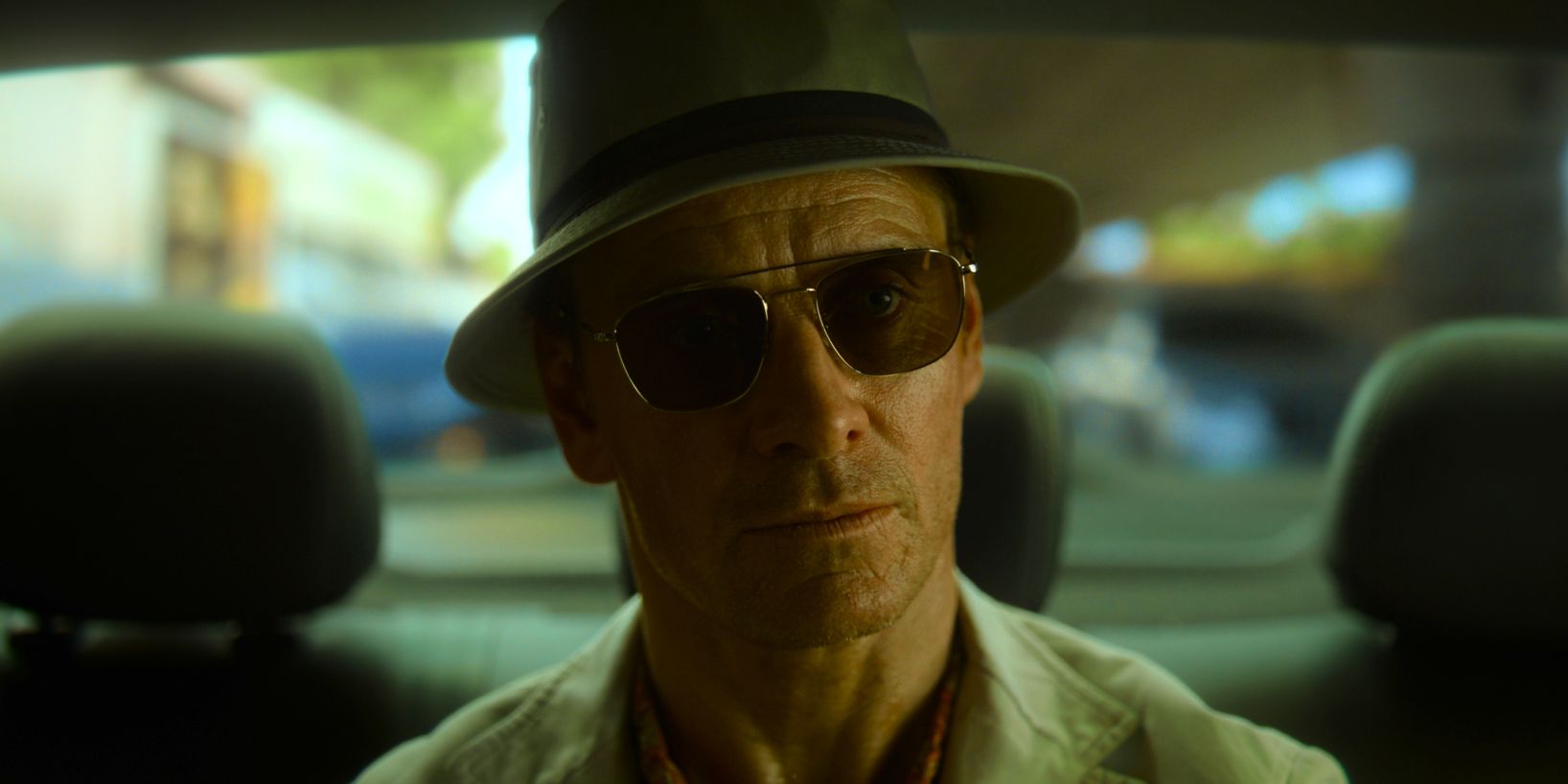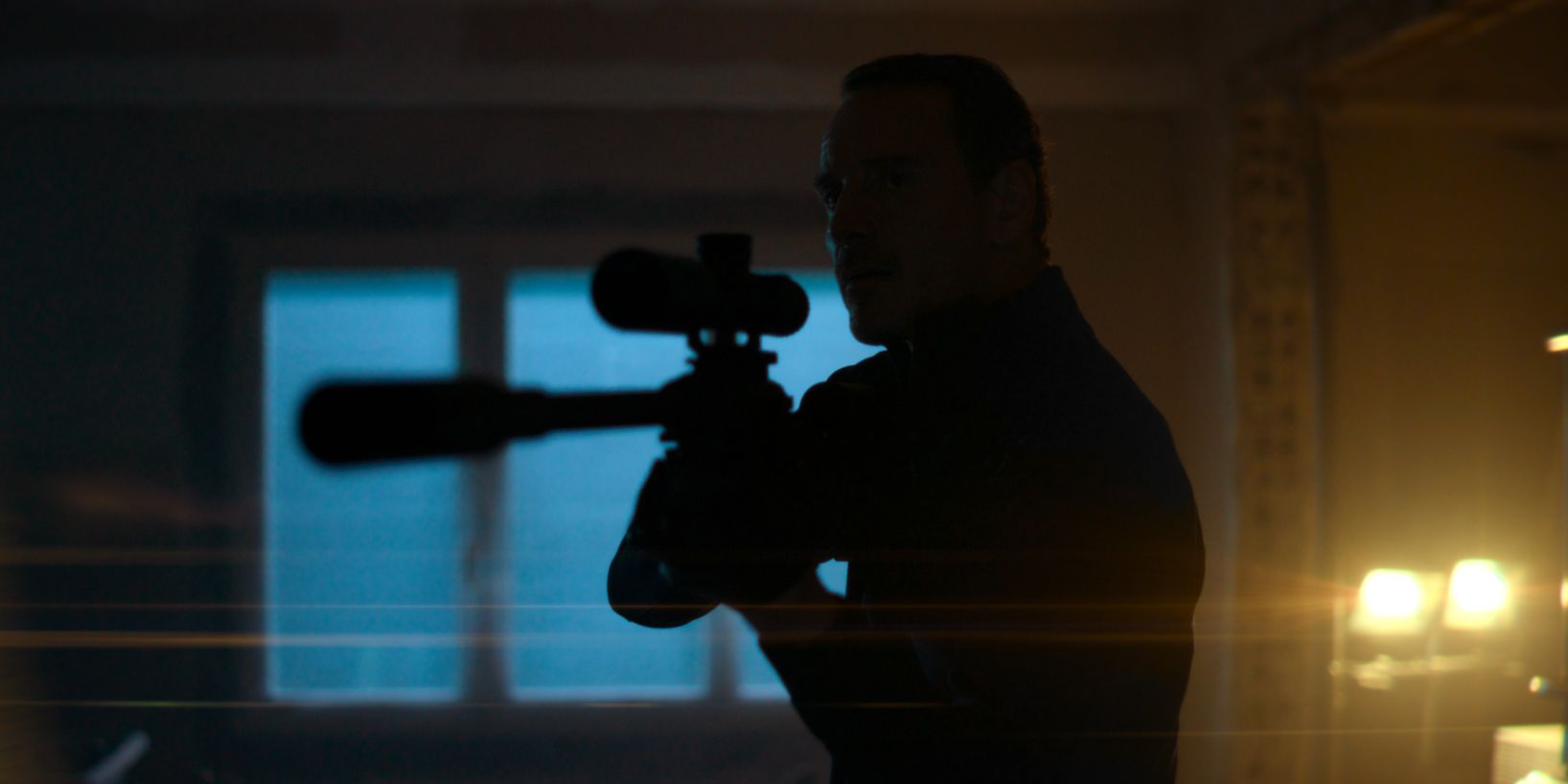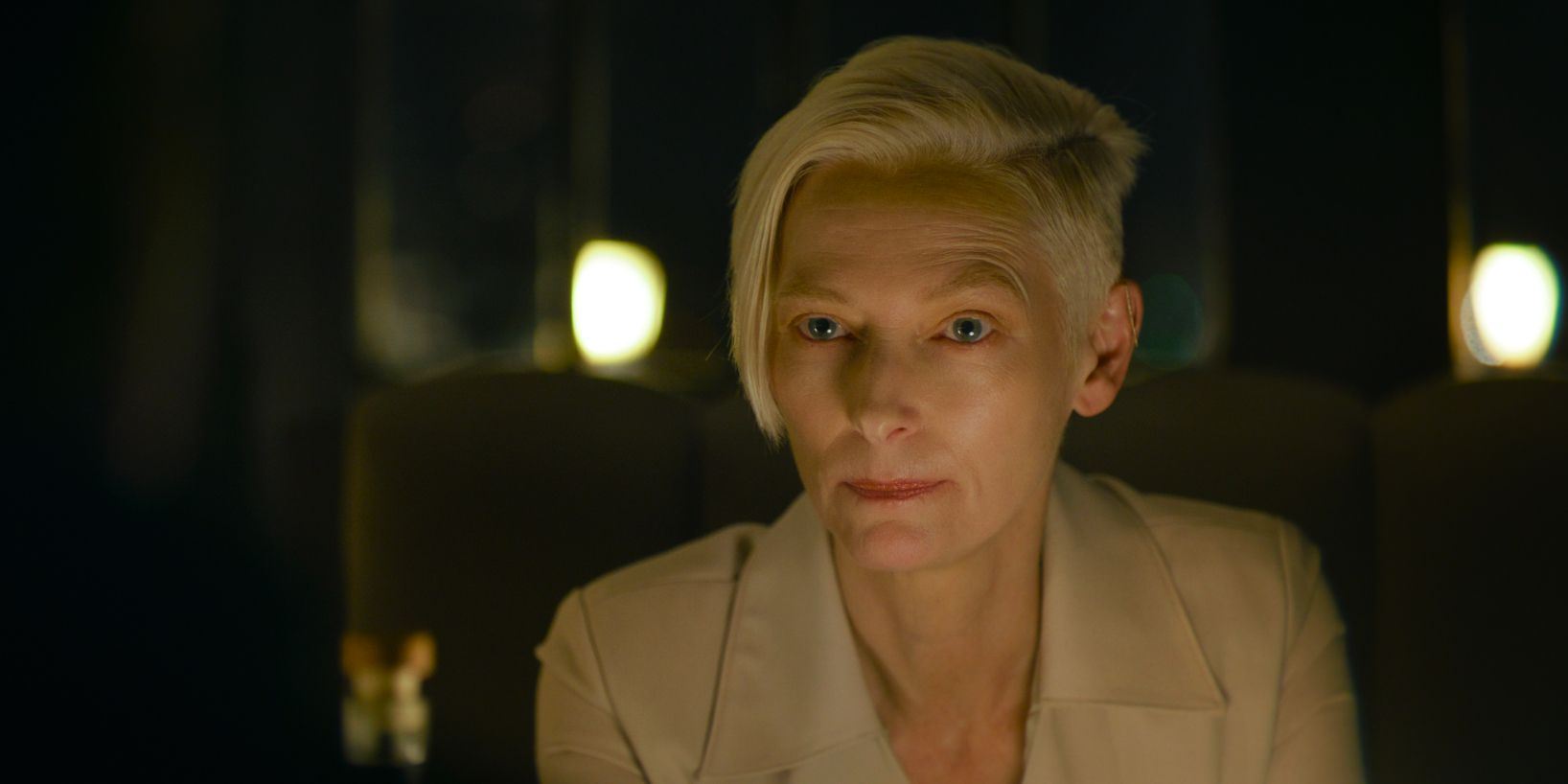Summary
- "The Killer" is David Fincher's exploration of the serial killer archetype, delving into themes of disillusion and stripping away the grandeur often associated with hit men.
- The protagonist, played by Michael Fassbender, presents himself as a detached and nihilistic killer, but reality proves to be different from his idealized inner monologue.
- As the film progresses, the protagonist's image of cool perfection fades, revealing the line between monster and pathetic loser, making us question his ability to truly live.
The serial killer is to David Fincher what the gangster is to Martin Scorsese — not the sole preoccupation of their work, but a major one, and an avatar for their chief thematic interests. Each time they return to that milieu, it is with a piercing gaze, cutting through self-aggrandizement and cultural mythos to capture the smallness of the (typically) men who wear these labels to feel big. I believe The Killer, ostensibly about the more often romanticized hit man figure, is best read in this light. This is Fincher finally making the serial killer his protagonist and embarking on a feature-length process of disillusion, until any sense of grandeur is eroded. It's a journey as much defined by tedium as tension, but to paraphrase the assassin, if you can't handle a little boredom, this might not be the film for you.
When we meet Michael Fassbender's man of many identities, he's holed up in an abandoned WeWork building in Paris, France. He's waiting on his next target to arrive in the building across the street, an opportunity that's taken days to materialize. As we watch him observe the street below, eat McDonald's, assemble and dis-assemble his weapon, and do yoga, he lectures to us in voiceover. We learn his detached view of the world and his place in it, his career philosophy, his belief in machine-like precision and bodily mastery. His plays for nihilism belie his self-importance: he says his activities won't even make a dent in the statistical reality of human deaths and births, but he also, via a baseball metaphor, essentially declares himself a hit man hall-of-famer. The only two types of people, he tells us, are the many and the few. Best ensure you're one of the latter.
But when the moment comes, he chokes. The wrong person dies and the target lives. This, we gather, is new for him, but it won't be the last time reality fails to live up to the expectations set by his inner monologue. He makes a clean, slickly executed getaway, but paid killers don't get to make mistakes, and his mess follows him to his Dominican Republic home base. Someone else gets hurt in his place, and it becomes clear he hasn't practiced what he preaches when it comes to emotional distance. He must turn on the infrastructure that has allowed him to operate if he wants to survive - and get even. The Killer is adapted from a French comic series, and the film's chapter breaks are a remnant of this original format, each named for a link in the chain he must follow back to its source. We know it must end with the person who hired him, but the question of what happens after hangs over the movie. If he burns every remnant of his professional life to the ground, what is there left for him on the other side?
If the hit man mythology is to be believed, it should be luxurious retirement, funded by years of considerable fees for his dirty work. Fassbender's de facto uniform of a Hawaiian shirt, hat, and sandals is like him cockily jumping the gun. But that kind of happy ending is unimaginable for serial killers, for whom murder is more than a 9-to-5 they can contentedly walk away from, and Fincher gradually encourages us to see him in this light. We meet him abroad armed with a high-powered sniper rifle, but The Killer transitions from international airports and tropical locales to hardware stores and storage units. As his tools become more everyday and the camera locks into the reality of his process, he loses that sheen of cool perfection. Instead, like the killers in Seven, Zodiac, and Mindhunter, he toes the line between monster and pathetic loser.
The most important scenes to this transition are also the movie's best. In one, staged in a suburban home with shades of Zodiac's famed basement scene, Fassbender is pure predator. He and his movements are framed in such a way that make him, momentarily, deeply frightening. Two encounters with fellow killers then undermine this effect. In a bravura action sequence, The Brute (Sala Baker) turns the protagonist's attempt at stealth into a messy, purely physical fight, and each hit practically causes the frame to vibrate with pain. We can't ever take the narrator's oft-repeated determination to "stick to the plan" seriously again. The Expert (Tilda Swinton), meanwhile, is an intellectual foil. She is witty and funny and classy. She has a discerning taste for the finer things — she likely wouldn't be caught dead eating an Egg McMuffin, especially not in France. Faced with her end, she cycles through several fully expressed emotions, while he largely remains a shell. She proves to him, and to us, that he doesn't really know how to live.
To expand on my introductory comparison, The Killer is like Fincher's The Irishman. There's a sense of conscious engagement with the director's body of work, both in terms of style and subject. It's well-crafted and entertaining while also building to a certain hollowness that we and the protagonist must sit with. For now, I'm inclined to say it doesn't quite reach the heights of Fincher's greatest works the way that Scorsese's film did with his, except in moments. But my instinct is that appreciation for it will grow with time, as we get used to the muted emotional tenor we perhaps didn't expect from a Fincher movie. It's a great work from a great filmmaker regardless, and that's plenty to be thankful for.
The Killer will release in limited theaters on October 27 before becoming available to stream on Netflix November 10. The film is 118 minutes long and is rated R for strong violence, language and brief sexuality.



